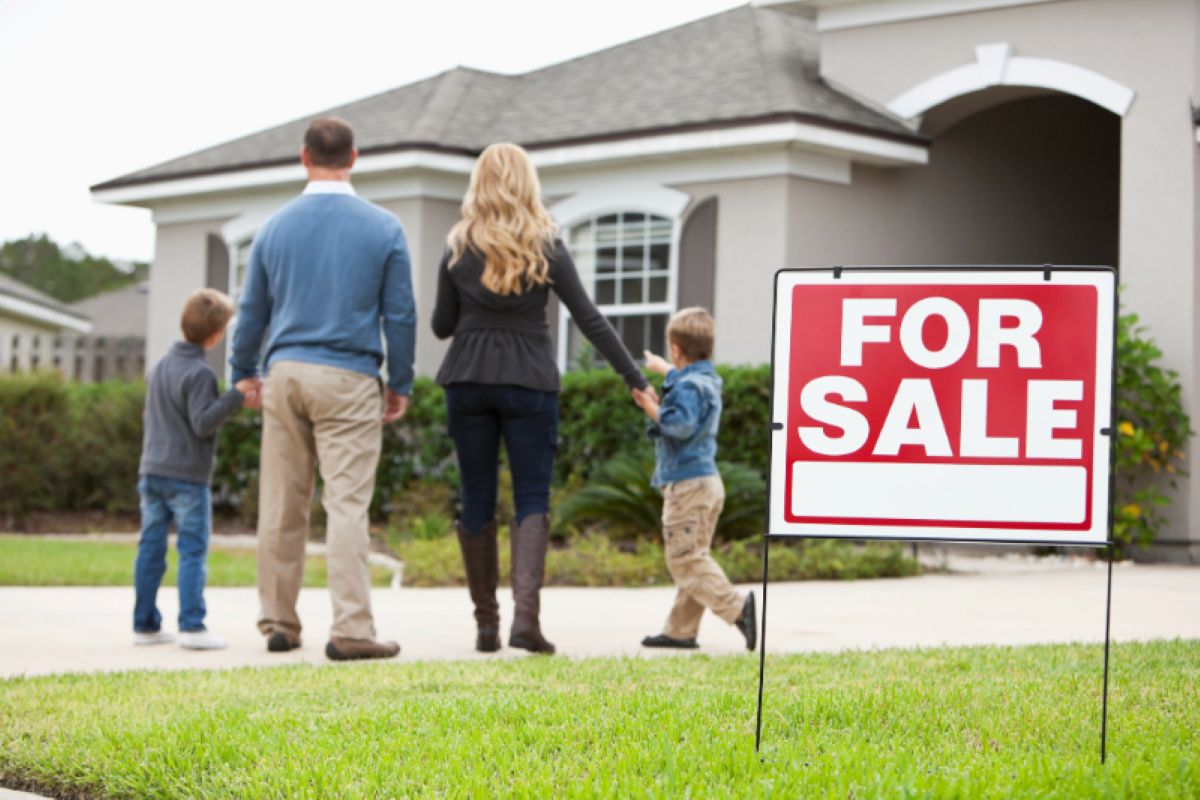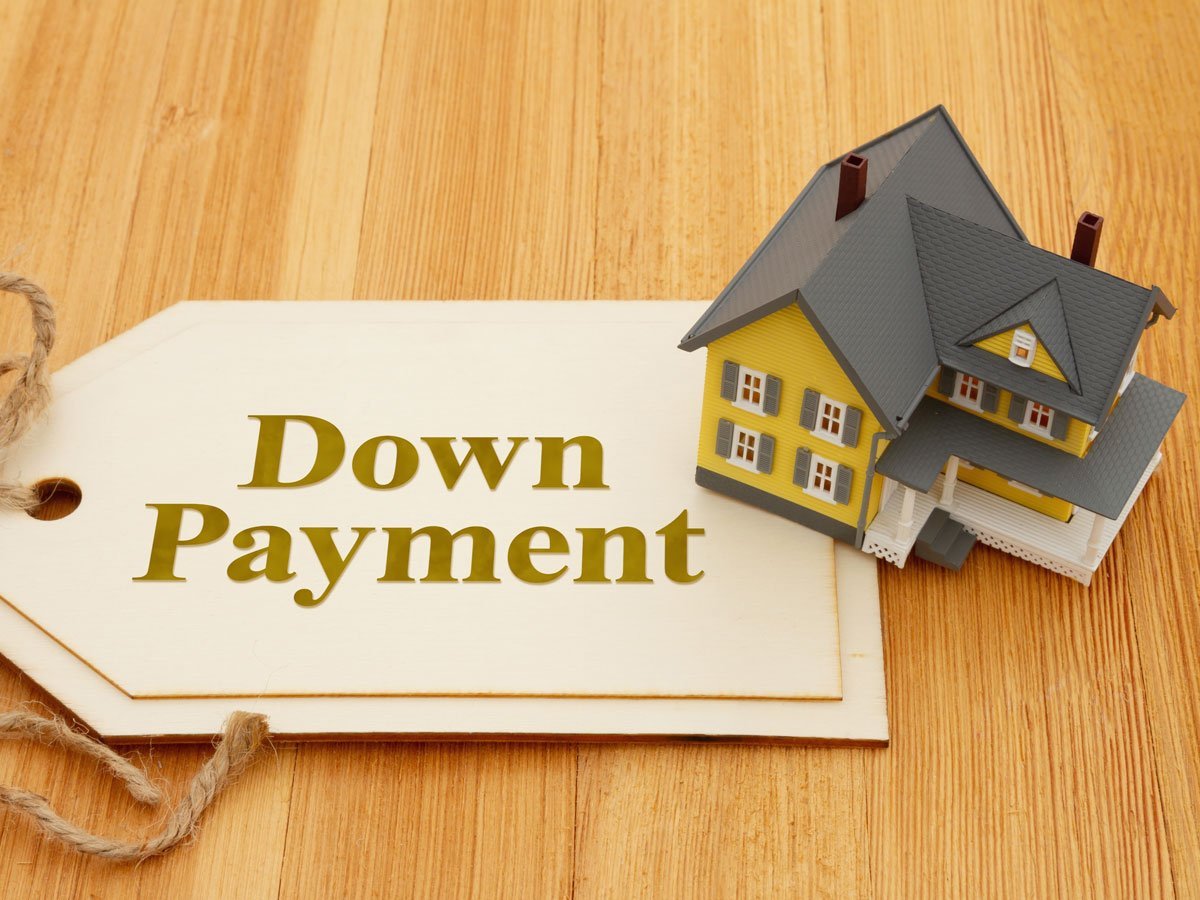Selling before Buying
SELLING BEFORE BUYING: WHY ONE COUPLE CHOSE TO LIST FIRST (AND WHAT YOU CAN LEARN)
by John Merrill & Larry Osmond
August 14, 2025

It’s a question that many homeowners wrestle with, especially when timing, inventory, and finances can all collide. After extensive discussions with various professionals, including their Realtor, financial planner, and others, they weighed the options and chose to sell their existing home first. While it wasn’t without stress, it ultimately proved to be the right move for them. Here’s how they made their decision, and what you should know about both approaches.
Why They Chose to Sell First
Emma and Daniel’s reasoning came down to minimizing risk, financial security, and avoiding overlap. They couldn’t afford to carry two properties at the same time along with all the costs that go with each (mortgage payments, insurance, property taxes, utilities, and maintenance). In fact, for them, that wouldn’t have even been an option as the mortgage on the home they eventually purchased was pre-approved conditional on selling their existing home. So, if they bought first and then their existing home didn’t sell before the closing date on their new home, they almost certainly wouldn’t have been able to close on the new home. This would have put them in breach of their purchase agreement, which could have opened them up
to extremely costly litigation.
More often than not, buyer breach cases in the courts are settled by way of a simple summary judgement, which means a buyer in breach of their contract could quickly be facing a significant judgement in favour of the seller. The buyer in breach would likely be on the hook for any difference in sale price if the seller had to take less money when they resold the property, all carrying costs until the sellers could successfully close on the property to a new buyer, all legal costs, plus court fees and interest. It’s not uncommon to see judgements of hundreds of thousands of dollars against buyers in breach. Needless to say, buyers should not risk this outcome and, by any means possible, find a way to close if not closing becomes a possibility.
Even in a hypothetical scenario where Emma and Daniel bought first and managed to get a firm deal in place on their existing home, but the closing dates didn’t align creating an overlap (carrying two properties for some period of time, say a couple weeks), this would mean added expenses for bridge financing. Sometimes, bridging makes sense as it can allow time for renovations and make a move less stressful by not having to move fully from one house to another on the same day. But, in this case, Emma and Daniel were only looking at homes that were mostly turn-key and without the need for renovations, so they felt bridging costs were an unnecessary extra expense.
By selling first, they knew exactly how much equity they’d have to put toward their next purchase and would avoid the crushing stress they’d surely experience if their current house sat on the market longer than expected, sold for less than anticipated, or didn’t sell at all.

Selling First: Pros, Cons, and Risks
✅ Pros
- Financial Clarity – You know your exact budget before making an offer on your next home.
- No Double Mortgages – Avoids the risk of paying for two homes at the same time.
- Helps Ensure You Can Close – If you don’t qualify to carry two mortgages, selling first helps ensure you don’t face financial ruin.
- Stronger Negotiating Position – With cash in hand or firm financing, your offers can be more attractive to sellers.
⚠️ Cons
- Temporary Housing May Be Needed – If you don’t find your ideal new home right away, you may need to rent or stay with family for some period.
- Multiple Moves – You might have to move twice; once into temporary accommodation, then again into your new home.
- Market Risk – Prices could rise in between selling your old home and buying your new one (though, the opposite could happen too, which would be a positive).
�� Risks
- Limited Inventory – If there’s little available that suits your needs, you may feel
pressure to settle for something less than ideal. - Lifestyle Disruption – Packing, storing belongings, and living in a transitional space can be stressful.
Buying First: Pros, Cons, and Risks
If Emma and Daniel had decided to buy first, here’s what they might have faced instead:
✅ Pros
- Smooth Transition – Move directly from your old home to your new one without temporary stops.
- More Time to Shop – You can search for the perfect home without feeling as rushed.
- Market Advantage – If prices are climbing, locking in your new home early can save money.
⚠️ Cons
- Two Mortgages – Assuming you qualify for two mortgages, you may need to carry the cost of both homes until your old one sells.
- Bridge Financing Costs – Temporary loans to cover the overlap between two houses can add up.
- Added Pressure to Sell – If your home takes longer to sell, you might be tempted to accept a lower offer.
�� Risks
- Overestimating Sale Price – If your current home sells for less than expected, you could face financial strain.
- Unexpected Delays – A slow sale could result in additional expenses that eat into your savings or force budget cuts elsewhere.
- Inability to Close – If the existing home isn’t sold by closing day on the new home, not closing on the new home would then create the potential for litigation resulting in potential financial catastrophe.

The Bottom Line
For Emma and Daniel, selling first gave them peace of mind and a clear budget and that outweighed the risks that can come with buying first.
The right choice for you depends on your financial resources, flexibility, tolerance for uncertainty, and local market conditions.
- If you prioritize security and clarity, selling first may be best.
- If you value convenience, finding your perfect match, and have the financial resources to potentially carry two properties at the same time, buying first could be the way to go.
In either case, work with a knowledgeable real estate professional who can help guide you through decisions like these. They can also connect you with other professionals such as financial planners, mortgage brokers, and real estate lawyers who can also provide valuable guidance. You’ll then be better prepared to make the move that’s right for you.
Get In Touch
As your trusted resource for all things real estate, I’d be more than happy to provide you with additional insight on how to best prepare for buying or selling real estate. If you have any questions about the market, please reach out anytime. Want a better real estate experience?
Let’s chat.

